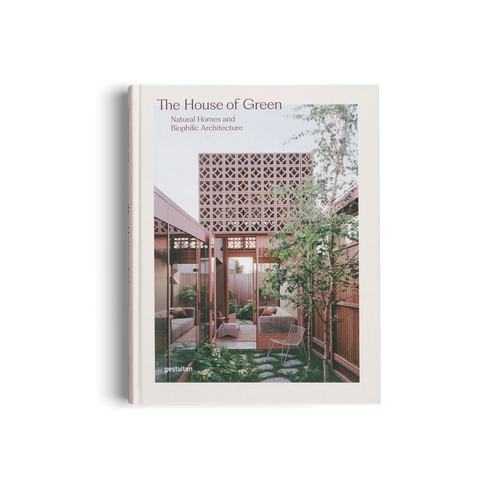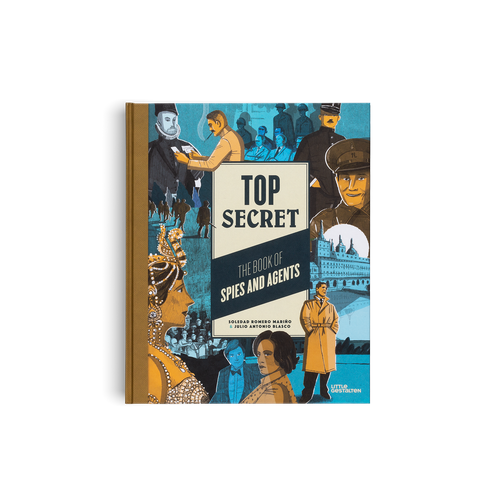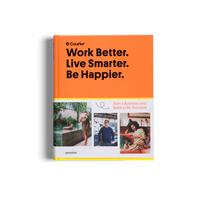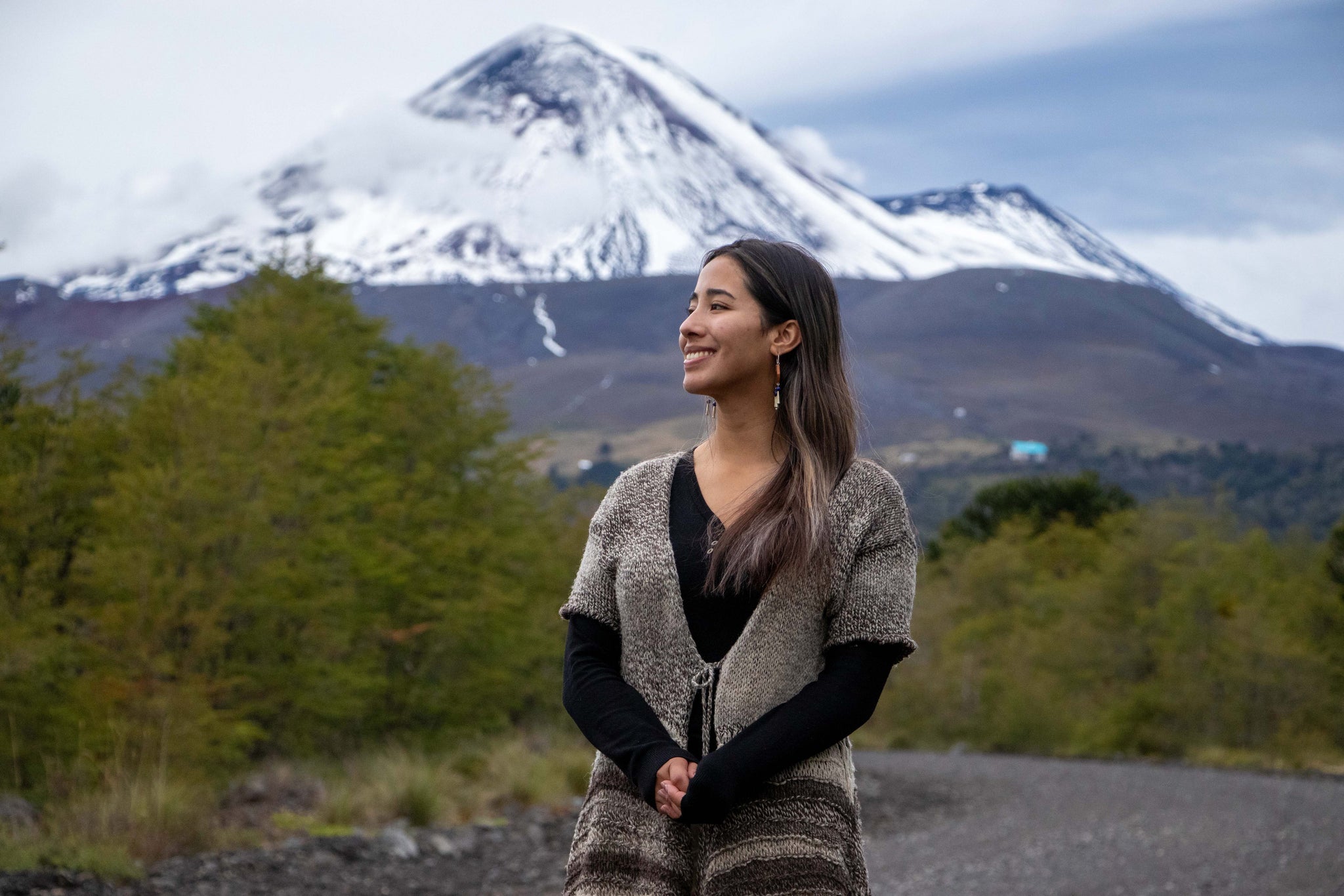
04/2021 design & fashion
Speak to a thousand different business owners and you’ll hear a thousand different stories about how they came up with their idea. The inspiration for an idea can come from anywhere, anytime, and any place. It might be a vision that has been decades in the making or an epiphany that presents itself at the spur of the moment while standing in a shopping aisle. But the most likely way of all is that it will emerge from the field experience and knowledge you've gained while working. Whatever your route to getting there, there’s one common trait that every good idea shares: providing a solution to a problem.
There is a misconception that you need a unique idea to start something, but that isn’t the case. Industry disruptors like Elon Musk or Bitcoin's mysterious creator Satoshi Nakamoto account for a small fraction of entrepreneurs—most ideas build on something that exists or instead provides a smoother, alternate version to what was there before. What does need to be unique is the business approach and what customers are offered. There needs to be a good reason why they’ll opt for one business venture over others.
How do entrepreneurs decide on an idea and what compels someone to start a business? Our latest release in partnership with Courier, Work Better. Live Smarter. Be Happier. dives into the heart of this mindset and new start-up culture. The title explores the process of developing an idea and creative mind-mapping, in which there are several techniques to conceive and test ideas. One of the most useful is the SCAMPER model. The starting point for this is picking one product or service to analyze: this could be something you’re interested in, are currently having problems with, or you think is ripe for future development. Then, using the framework to the right, throw out as many questions as you can for each approach and brainstorm all the possible solutions and answers. Some of those answers are likely to be pretty left-field and impractical. The aim of this is to generate as many ideas as possible before then taking the good ideas and focus on exploring them further.

(Illustration by Olivier Heiligers, Work Better. Live Smarter. Be Happier.)
Models provide a base to build from, but they don't always guarantee success. Through this release, we present two personal accounts from two different entrepreneurs who lift the lid on their eureka moment.
Berlin-based Deborah Choi is the founder of Horticure, a consumer platform for plant care, which connects people to the knowledge, services, and products needed to keep their houseplants happy. She says that "Horticure was birthed out of a personal pain point: I love plants, but I never really knew how to take care of them." She'd always buy something that looked nice, bring it home, in a few weeks the botanist coroner would classify it dead. Her frustration led her on a search for "an app that could connect me with an expert who could walk me through the basics of plant care. But nothing like this existed." She launched the business in November 2018 to address the need. The in-person and virtual platform was designed to connect plant parents with trained horticulturalists. "Our main customers were busy people who didn’t have time to go to workshops or read books on plant care–as well as offices that wanted plants without the fuss of maintaining them," she explains.
In-person consultations accounted for 80% of the business when COVID-19 hit. "We had to pivot, and fast," she explains, "We turned our attention to direct-to-consumer plant sales and virtual plant maintenance appointments and, since then, our revenue has quadrupled." Her advice to anyone would be to launch quickly, instead of mulling it over. No amount of research for your idea is better than public testing.
On the other end of the spectrum are Christian Pauzenberger and Alexander Daspersgruber of vielö, who were originally complete newcomers to the skincare industry. Their organic and sustainable brand is based on the nourishing properties of whey. "Neither of us had planned to start a business until we stumbled across an opportunity. Out of the blue, we found out that a traditional Austrian dairy didn’t further process its liquid organic whey–a by-product of cheese production–and wondered why no one had come up with a way to use this 'waste,'" they explain.

Both are Austrian-born and would often go to thermal spas to enjoy whey baths, known as 'Molkebad' in German. They knew of the nourishing effects for years and that's when it dawned on them that their idea would appeal to an audience. They thought: "Why don’t we refine this ingredient and use it in skincare?" They saw the skincare industry ripe for a new approach after decades of greenwashing and deceptive advertising. They wanted to present something more authentic, more honest.
"We officially founded vielö in winter 2017, but we didn’t launch any products until about 12 months after. We wanted to dedicate time to developing our products with skincare specialists to make sure everything was just right," they explain. They also involved potential customers, getting them to try the products and asking for feedback. In 2018, they launched our body-care line called Whey Series, which was a hit. Now, they are planning to launch a facial-care line using the same approach that we did before. Their cautious, market research approach differs from that of Choi.
There is no one-size-fits-all method to being an entrepreneur or launching a brand, which is why every story is different from the next. Launching a business allows an individual to write rules the way they see fit. But it also gives that individual or brand freedom to disturb an industry and present new ideas. As philanthropist Daniel Gilbert once, "Money follows, it does not lead." The world needs more fired-up people who are passionate about a project or idea as their mission tends to have a positive impact on the industry. Following a year of global turmoil and changing working habits, this undoubtedly will have given birth to a new generation of self-starters and entrepreneurs looking to build new lives and visions of their own.
Through a combination of profiles and insight from Courier, this title acts as a manifesto for anyone wanting to start their own business and change their working habits.
Head image artwork by Peter Gamlen.












